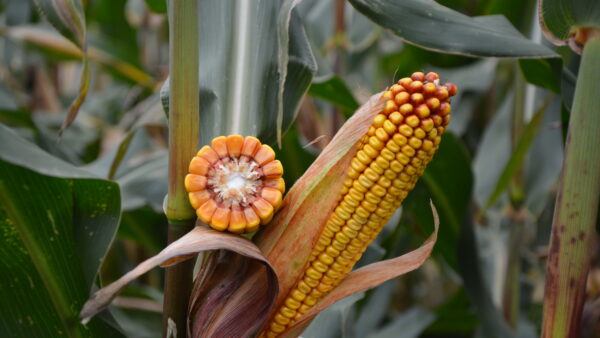The commissions are responding to the recent decision of U.S. Department of Agriculture (USDA)’s Animal and Plant Health Inspection Service (APHIS) to officially deregulated the HB4® trait in wheat.
This decision paves the way for potential future commercialization of the trait. The wheat commissions of Idaho, Oregon and Washington, which represent Pacific Northwest (PNW) wheat producers, have addressed potential questions from global customers on their website. Here are the official statements from PNW wheat commissions.
“The PNW wheat industry supports and encourages new technologies that increase producer profitability and will help feed the growing world population. At the same time, we remain committed to providing our customers with the quality and reliability they have come to expect from PNW wheat.
“It is important to understand that the APHIS approval process is different than commercialization. This announcement provides a pathway to future commercialization of the HB4® trait in wheat in the United States. However, the scientific process is lengthy, and it is unlikely that the trait will be commercially grown or available for at least three to five years. We can still confidently say that no genetically modified (GM) wheat is currently being cultivated commercially in the United States.
“The PNW wheat industry has always been a global leader in wheat quality by focusing on the high standards for end-use characteristics driven by our export customers. PNW wheat breeding has been acutely focused on, and responsive to, the needs of our export markets. The region will continue to provide a reliable supply of high-quality grains and wheat foods that customers know and expect.”
U.S. Wheat Associates Statement on HB4® Wheat
In response to the deregulation, the U.S. Wheat Associates (USW), the export market organization for the U.S. wheat industry, released a statement in support of the HB4® trait.
“The farmer leaders of USW are confident that the HB4® trait has the potential to deliver significant producer and consumer benefits,” U.S. Wheat Associates’ representative said.
USW advocates for a science-based approach to wheat breeding technologies while also considering the specific needs of importing customers.
“Our organization has established a productive dialogue with Bioceres, and we appreciate that the company understands the importance of our joint wheat industry principles,” USW director of trade policy Peter Laudeman said. “I have traveled with growers to Argentina to see HB4® wheat in the field and they were impressed by its performance. We believe the trait represents good science with positive potential to improve food security in a more sustainable way.”
USW supports the regulatory approval of biotechnology wheat products in the United States, aligning with its Wheat Industry Principles for Biotechnology Commercialization, developed jointly with the National Association of Wheat Growers.
What is HB4® Wheat?
HB4® wheat, developed by Bioceres Crop Solutions, is a genetically modified wheat variety that incorporates drought tolerance through a sunflower gene. This trait has shown to improve yields by up to 43% in targeted environments, particularly during the severe drought conditions in Argentina in 2022.
Bioceres Crop Solutions applied to USDA for cultivation approval in September 2022, and prior to today’s APHIS decision, transgenic wheat traits were not approved for cultivation in the U.S. Although APHIS had previously approved HB4® wheat for food and feed use in 2022, this marks a significant step toward its potential cultivation.
As of now, U.S. Wheat Associates confirms that no HB4® wheat is present in the U.S. in any capacity.
For more details, read the full statement from U.S. Wheat Associates here.











